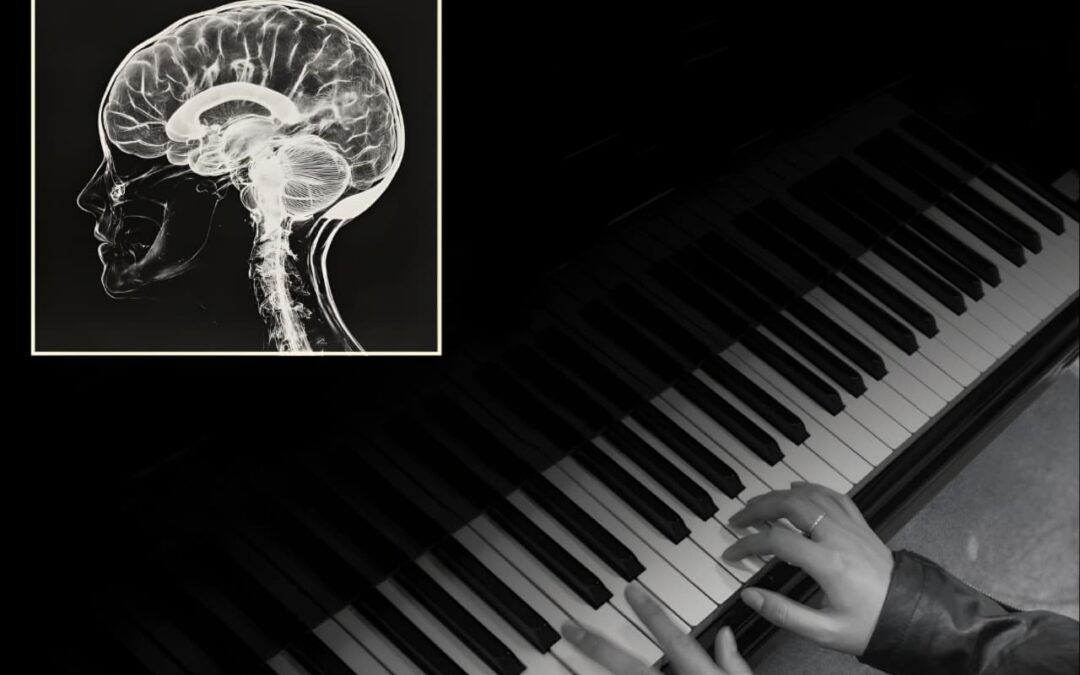Studies show playing a musical instrument in old age can reverse signs of brain aging.
And it keeps dementia at bay.
Older adults who play musical instruments may be tuning their brains for better health, according to two recent studies.
One study, published in PLOS Biology, found that lifelong musicians in their 60s had brain responses similar to people in their 20s when processing speech in noisy environments—thanks to stronger neural connections in the right hemisphere. Non-musicians of the same age showed more signs of cognitive decline, relying on less efficient brain patterns.
These findings suggest that years of musical experience may help build “cognitive reserve,” allowing the brain to function more effectively despite aging.
Even more encouraging, a second study published in Imaging Neuroscience revealed that picking up a new instrument later in life could also offer protective effects. Researchers in Japan followed older adults who had learned to play an instrument for four months and found, four years later, that those who kept playing showed no signs of brain shrinkage or memory decline—unlike those who stopped. The act of playing music appears to preserve brain structure and function, reinforcing the idea that it’s never too late to start. Music not only keeps minds sharp but may also foster social interaction and joy, both vital to healthy aging.
Source: PLOS Biology (2025); Imaging Neuroscience (2025

